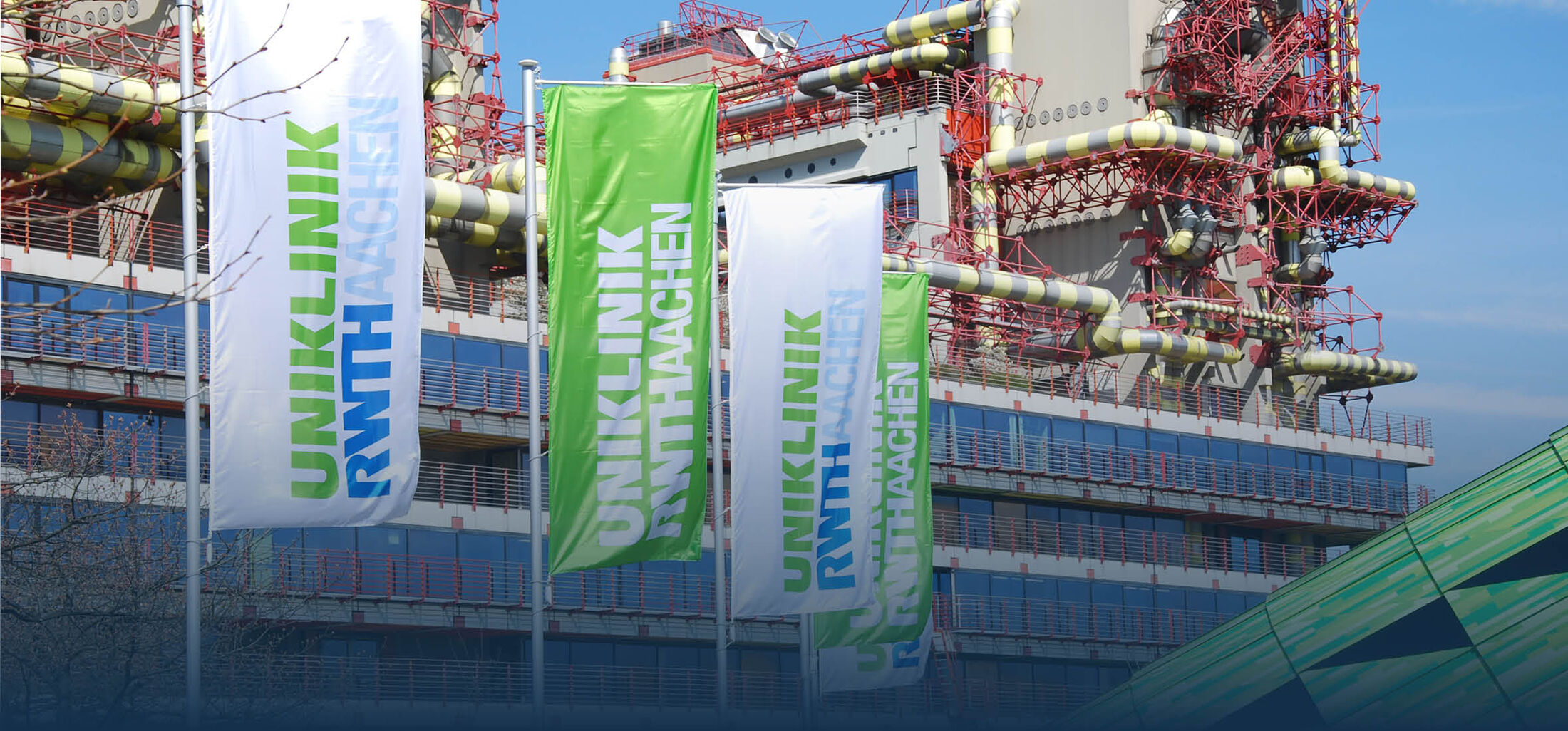The voltage-gated K+ channel Kv1.1 is one of the dominant K+ channels in the central nervous system. Kv1.1 activity is tightly regulated by different mechanisms. For example, protein kinase C (PKC) reduces the proportion of the inactivating Kv1.1 current component. In our last paper, published in BMC Biology, the flagship biology journal of BioMed Central, we reveal PKCd as a substrate of the mono-ADP-ribosyltransferase ARTD10. Ribosylation reduces the activity of PKCd, which in turn increases the proportion of the inactivating Kv1.1 current component. Moreover, pharmacological blockade of ARTD10 increases excitability of hippocampal neurons. Our results, for the first time, suggest that ARTD10 regulates neuronal excitability. This study was performed in tight collaboration with the group of Bernhard Lüscher from the Institute of Biochemistry and Molecular biology at Uniklinik RWTH Aachen.
Indirect regulation of the voltage-gated K+ channel Kv1.1 by the mono-ADP-ribosyltransferase ARTD10 identified

Für Presserückfragen wenden Sie sich bitte an:
Uniklinik RWTH Aachen
Stabsstelle Unternehmenskommunikation
Dr. Mathias Brandstädter
Tel. 0241 80-89893
kommunikationukaachende





